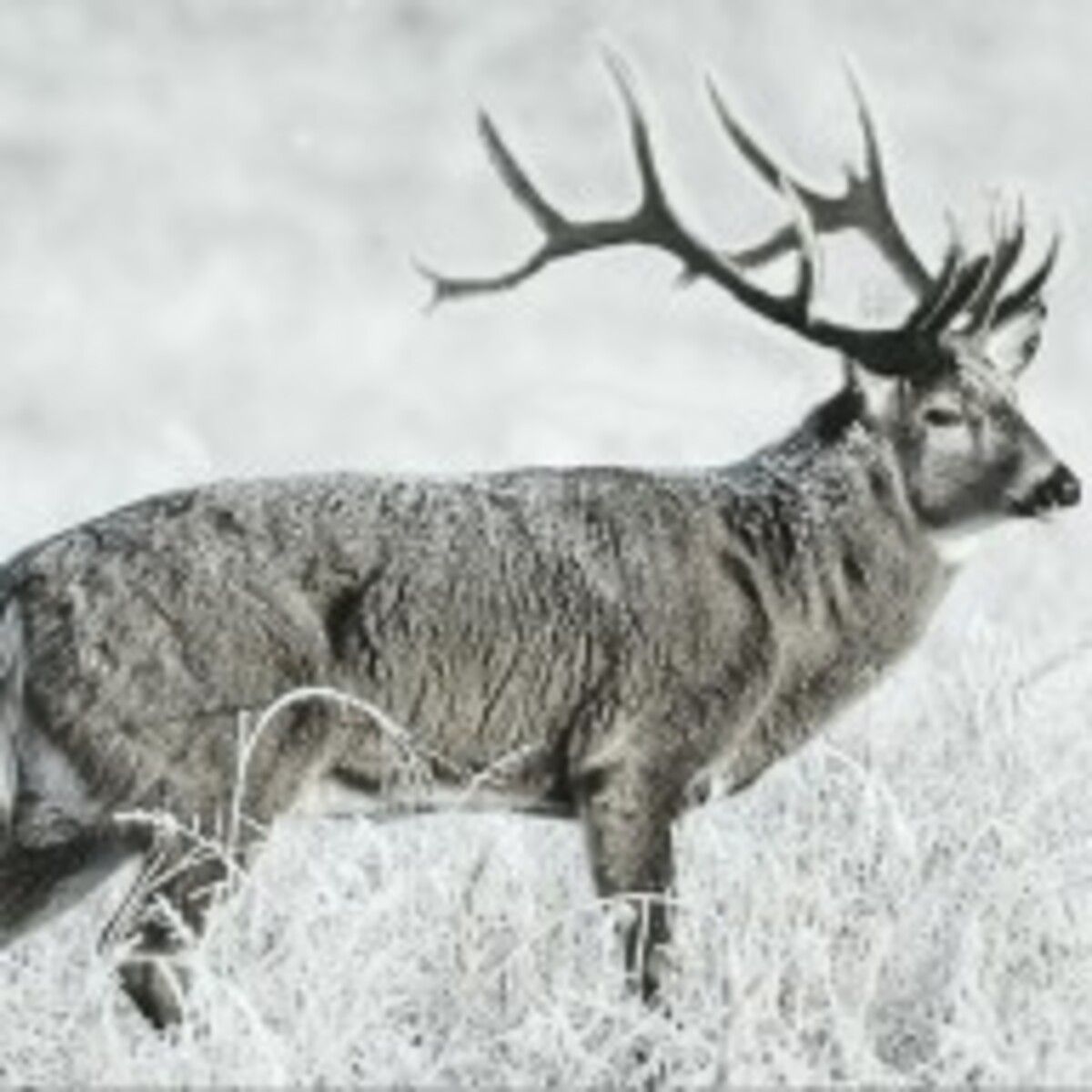
Nestled in the heart of Williamson County, Illinois, Burns Hunting Club emerged as a haven for waterfowl enthusiasts seeking the thrill of the hunt amidst the region's rich wetlands. Established by local outdoorsman Hugh Thomas Burns, Jr., the club quickly gained a reputation for offering prime hunting opportunities, particularly for migratory ducks. With its strategic location near natural waterfowl habitats, Burns Hunting Club attracted both local hunters and out-of-state visitors, offering guided hunts and memberships that promised access to well-maintained blinds and abundant game.
The club marketed itself as a premier destination, emphasizing ethical hunting practices and adherence to conservation principles. However, beneath this veneer of respectability, the club’s operations would eventually draw the scrutiny of federal and state authorities, leading to its dramatic downfall.
The unraveling of the Burns Hunting Club began with an investigation by the U.S. Fish and Wildlife Service Office of Law Enforcement, in collaboration with the Illinois Department of Natural Resources Office of Law Enforcement and the Williamson County Sheriff’s Office back in 2021. The probe revealed that the club had engaged in illegal baiting practices, a serious violation of the Migratory Bird Treaty Act of 1918, which protects migratory birds and regulates hunting practices to maintain sustainable populations.
As the investigation progressed, investigators discovered that Hugh Thomas Burns, Jr. and his associate, 52-year-old Michael D. McKinney had been placing corn near a pond on the club’s property to lure ducks into shooting range. The MBTA, amended in 1998 to strengthen penalties for baiting, makes it unlawful to hunt over a baited area if the hunter “knows or reasonably should know” that the area was baited, with even harsher penalties for those who direct the placement of bait.
The investigation was meticulous, involving undercover operations and coordination among multiple agencies. USFWS special agents, working alongside IDNR Conservation Police Officers, gathered evidence of the baiting activities, including physical samples of the corn and testimony from witnesses familiar with the club’s operations. The Williamson County Sheriff’s Office provided additional support, ensuring that local law enforcement resources were aligned with the federal effort.

On Tuesday, Burns entered a guilty plea in the U.S. District Court for the Southern District of Illinois, admitting to one count of illegal baiting in violation of the MBTA. The plea agreement, prosecuted by Assistant U.S. Attorney David Sanders, determined that Burns Hunting Club, as a corporate entity, was also held accountable for its role in the illegal activities.
The Federal Judge later ordered the hunting club to cease operations for two years, effectively shuttering the business and disrupting its role as a local hunting destination. Hugh Thomas Burns, Jr. was sentenced to three years of probation, during which he is barred from engaging in hunting or guiding activities.
Burns and Burns Hunting Club, LLC, were also ordered to pay a total of $11,000 in fines to the Lacey Act Reward Account through the U.S. Fish and Wildlife Service as well as a total of $50,000 in restitution to the Illinois Department of Natural Resources.
Additionally, McKinney was sentenced to two years’ probation and was hit with $5,500 in fines and $5,000 worth of restitution after he pleaded guilty to one count of conspiracy to violate the Lacey Act back in April. He’s also been barred from hunting or guiding for two years.
A Chevrolet pickup truck and a UTV were also seized by the government for the role the vehicles played in the conspiracy.
“Keeping quality hunting opportunities on the landscape is an essential part of America's heritage that we are proud to uphold. This case is an important win for waterfowl hunters everywhere and puts poachers on notice," said Assistant Director Douglas Ault, U.S. Fish and Wildlife Service, Office of Law Enforcement.

